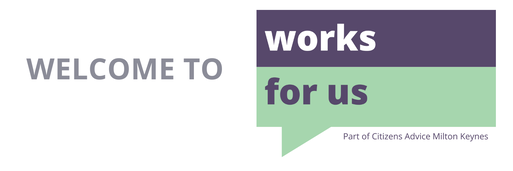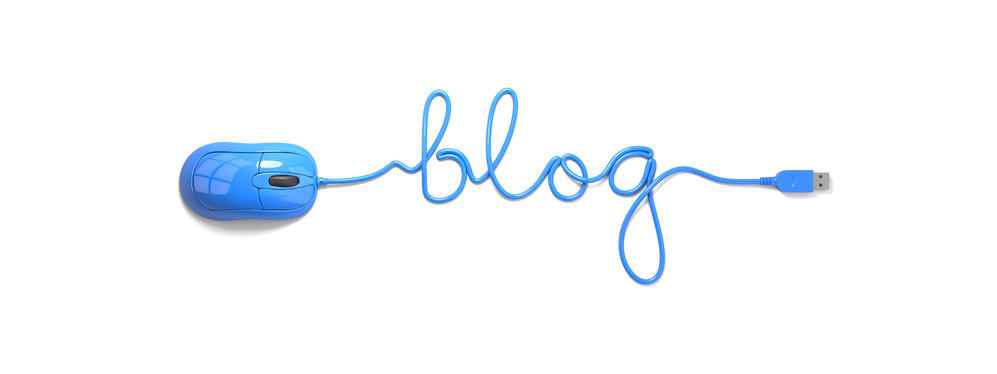Digital! Digital! Digital! 
These days it seems you can barely open a can of drink without having to remember umpteen passwords and then the name of your mother’s dog’s second cousin’s birthday and favourite ice cream! This barrage of security and digital obstacles are enough to drive even the most composed individuals to the brink of frustration and self-combustion and a prescribed course of Valium! Simple tasks like arranging a GP appointment, contacting the council, or applying for jobs becomes an exercise in digital acrobatics, leading you to look back with rose-tinted glasses to the good old days and simpler times. You turn back to the refuge of the good old telephone only to be met by a robotic greeting that tells you you’re 127th in the queue but if you go Online it’ll be so much easier! Seriously?!! Meanwhile your younger family members can barely lift their heads from their devices to berate or patronise you for being so incredibly incompetent at which point your self esteem hits an all-time low. So you find yourself at the juncture of decision. Will you succumb to the tide, retreat under the covers and let the widening gap between the generations grow or, like a noble Knight of the Round Table, take-up your lance, mount your trusty steed and ride gallantly into this brave new world. It’s time to be the hero of your own destiny, to dig deep into yourself and find the same courage that has helped you to this point to overcome the previous challenges you have endured and of which the younger generations have little knowledge. Could this digital conundrum be just another puzzle to solve and conquer? It’s time to reclaim your confidence and acknowledge that you have the capacity to adapt. You most certainly have faced more formidable trials than navigating websites, adding attachments, and uploading CVs. Remember you are not alone in your struggle; countless others share your sentiments. By embracing your abilities and seeking assistance from our Team at Works for Us you can bridge that digital divide and return to a kingdom of knowing how the hell to make an appointment online with your doctor! But enough of the motivating team talk, how in the world do you start? The beauty of learning is that it doesn’t have to be dull, arduous or overwhelming. It can be gratifying, stimulating and even exhilarating….if you have the right support. That’s where we can help. There’s no need to rush, or burden yourself with undue stress. Progressing slowly, setting small goals for your learning, and savouring each incremental step will place you ahead of your previous self. Patience and repetition is the best way, which is why we welcome you to repeat any of our courses if you wish. Many clients come to us expressing concerns that an agency or advisors require them to get a qualification in spreadsheets, word-processing, presentations etc. Don’t allow yourself to be discouraged by jargon and the expectations of others. The spreadsheet package Excel for instance, is vast, potentially requiring years to master. But do you really need to master every intricate function? Most likely not. Unless you are a very specialised professional i.e. accountant or engineer, a foundational understanding of accessing and navigating a spreadsheet will more than suffice for many jobs. Embrace perspective. The digital era’s silver lining is the wealth of resources available for learning. Admittedly, embracing something new can be intimidating. At Works for Us our digital skills support service addresses your specific challenges. Drawing on years of experience, we collaborate closely with you. Our focus is on empowering you with practical digital skills that resonate with your everyday life enhancing your communication, well-being, and motivation. Our Introductory course is thoughtfully designed to cater to individuals with little or no experience using a computer. Even if you just need a refresher, we warmly welcome you to join us in our fully equipped Skills Centre. You can expect a relaxing and gentle introduction to the digital world in a supportive environment. Our Next Steps program is specifically designed for individuals who already have some basic computer knowledge and email experience but are eager to expand their skills further. We promise to make this journey a positive and enriching experience for you. We'll be exploring various topics, including cloud storage, word-processing, spreadsheets, presentation programs, and collaborative tools. Don't worry if you feel a bit uncertain right now – that's entirely normal! Our goal is to build upon your existing foundation and gently guide you towards a deeper understanding of these essential modern-day workspace skills. We understand that starting something new can be nerve-wracking, but we want you to know that we are here to support you every step of the way. Our patient and dedicated team will ensure that you feel comfortable and encouraged throughout the course. We believe in progress over perfection, and our fully equipped supportive environment is the perfect place for you to grow and gain confidence. So, take a deep breath, and let's embark on this journey together. You'll soon discover how these digital skills can transform your life, opening up new opportunities and boosting your confidence. By the end of our courses, you'll be amazed at how much you've learned and how much more comfortable and capable you feel in today's dynamic work environment. You'll discover that the more you know, the more empowered you become. We encourage you to embrace this empowering learning experience with an open mind and a willingness to take on new challenges. Remember, it's okay to ask questions and seek help – that's what we're here for! Let's embark on this journey together and unlock your full potential. We can't wait to see you grow and thrive! Created by Stuart Jacobs, Digital Skills Adviser 07852 963744 | info@worksforus.org.uk |
AuthorWorks For Us Archives
August 2023
Categories |
|
|
Works for Us is part of Citizens Advice Milton Keynes, a local charity providing advice, guidance, and support to local people about the issues affecting their daily lives. Citizens Advice Milton Keynes is the operating name of Milton Keynes Citizens Advice & District Bureau Limited, a company limited by guarantee and a Charity registered in England and Wales number: 800012.
Company Registration number: 2265182. Authorised and regulated by the Financial Conduct Authority FRN: 617670 Registered office: Acorn House, 361 Midsummer Boulevard Milton Keynes MK9 3HP |


 RSS Feed
RSS Feed


